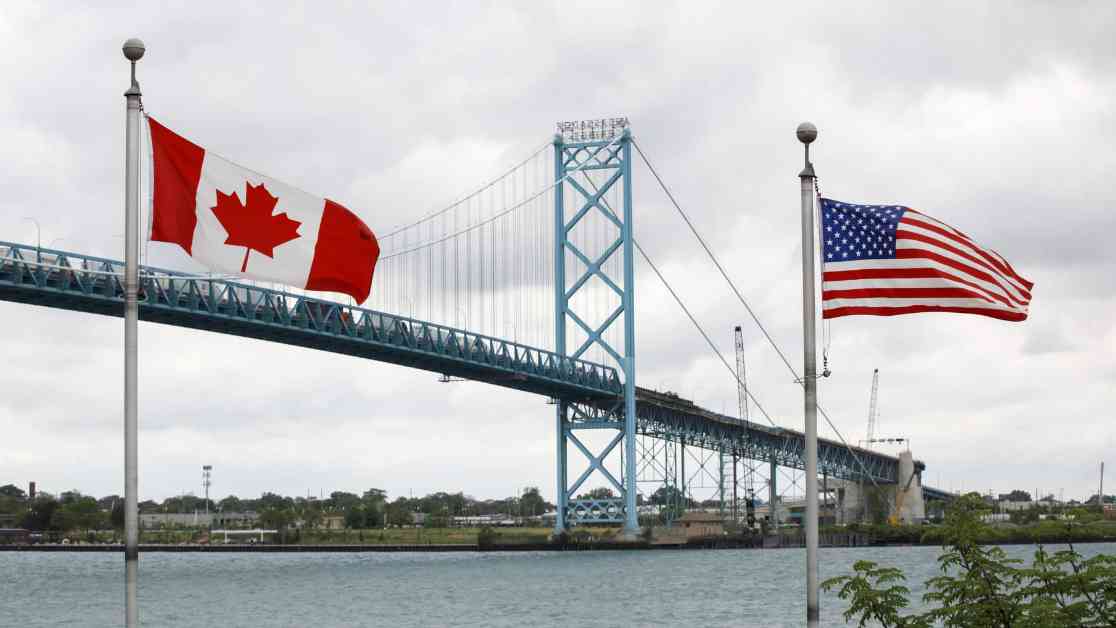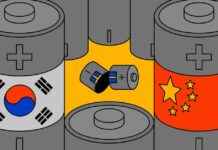Canada’s Auto Industry Faces Uncertainty Amid Tariff Threats
In a tumultuous turn of events, President-elect Donald Trump’s proposal to impose a 25% tariff on Canadian imports has sent shockwaves through Canada’s automotive industry. This looming threat has sparked grave concerns among key players in the sector, raising fears of a potential economic catastrophe.
The epicenter of this storm is the province of Ontario, which serves as the heartbeat of Canada’s auto industry. Home to major automakers like Ford Motor, General Motors, Stellantis, Toyota Motor, and Honda Motor, Ontario produced a staggering 1.54 million light-duty vehicles last year, primarily destined for the U.S. market.
Stakeholders Sound the Alarm
Ontario Premier Doug Ford minced no words when he expressed his apprehensions about the detrimental impact of these proposed tariffs. In a candid interview with CNBC, Ford painted a grim picture of the potential fallout, emphasizing the dire consequences for both Canadian and American jobs.
Ford highlighted the intricate supply chain dynamics that underpin the automotive sector, stressing how any disruptions caused by tariffs could lead to price hikes, production delays, and widespread job losses on both sides of the border. The Premier’s plea for a bilateral trade deal with the U.S. underscores the urgent need for a collaborative approach to navigate these turbulent times.
Unpacking the Tariff Threat
Trump’s plan to levy a 25% tariff on Canadian goods, citing “national security” concerns, has thrown the industry into disarray. With estimates indicating that tariffs on components could inflate costs by $600 to $2,500 per vehicle, the ripple effects of these measures could be far-reaching.
As the specter of escalating tariffs looms large, industry experts like Flavio Volpe caution against the potentially catastrophic consequences of such actions. Volpe’s stark warning about the existential threat posed by double-digit tariffs underscores the gravity of the situation, painting a sobering picture of the challenges ahead.
Industry Resilience and Adaptation
Despite the looming uncertainty, the Canadian automotive industry has shown resilience in the face of adversity. A gradual uptick in production and sales signals a tentative recovery, albeit against a backdrop of significant challenges.
As the industry grapples with the transition to electric vehicles and evolving market dynamics, stakeholders are navigating uncharted waters with a mixture of caution and optimism. The road ahead may be fraught with obstacles, but the spirit of collaboration and innovation remains a beacon of hope in these uncertain times.
In the midst of this turmoil, the call for solidarity between the U.S. and Canada rings loud and clear. As Ford aptly puts it, a united front against external threats is the key to safeguarding the interests of both nations and building a formidable partnership for the future.
Let’s stay tuned to see how this unfolding saga shapes the destiny of Canada’s auto industry and its enduring ties with its American neighbors.



















